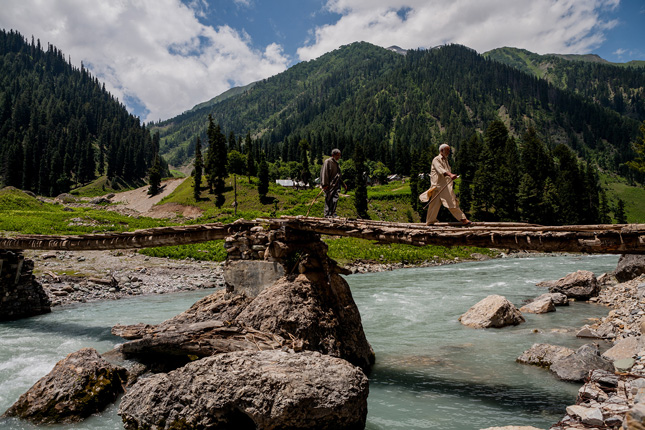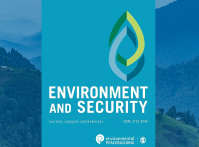-
Michael Kugelman, Foreign Policy
Why the India-Pakistan War Over Water Is So Dangerous
October 6, 2016 By Wilson Center Staff
Early on the morning of Sept. 29, according to India’s Defense Ministry and military, Indian forces staged a “surgical strike” in Pakistan-administered Kashmir that targeted seven terrorist camps and killed multiple militants. Pakistan angrily denied that the daring raid took place, though it did state that two of its soldiers were killed in clashes with Indian troops along their disputed border. New Delhi’s announcement of its strike plunged already tense India-Pakistan relations into deep crisis. It came 11 days after militants identified by India as members of the Pakistani terrorist group Jaish-e-Mohammed killed 18 soldiers on a military base in the town of Uri, in India-administered Kashmir.
Amid all the shrill rhetoric and saber rattling emanating from India and Pakistan in recent days – including India’s home minister branding Pakistan a “terrorist state” and Pakistan’s defense minister threatening to wage nuclear war on India – one subtle threat issued by India may have sounded relatively innocuous to the casual listener.
In reality, it likely filled Pakistan with fear.
On Sept. 22, India’s Foreign Ministry spokesman suggested, cryptically, that New Delhi could revoke the Indus Waters Treaty (IWT). “For any such treaty to work,” warned Vikas Swarup, when asked if India would cancel the agreement, “it is important for mutual trust and cooperation. It cannot be a one-sided affair.”
Continue reading on Foreign Policy.
Michael Kugelman is the senior program associate for South and Southeast Asia at the Wilson Center.
Sources: Foreign Policy.
Photo Credit: A tributary to the Indus in Indian Kashmir, courtesy of flickr user sandeepachetan.com travel photography.
 A Publication of the Stimson Center.
A Publication of the Stimson Center.






